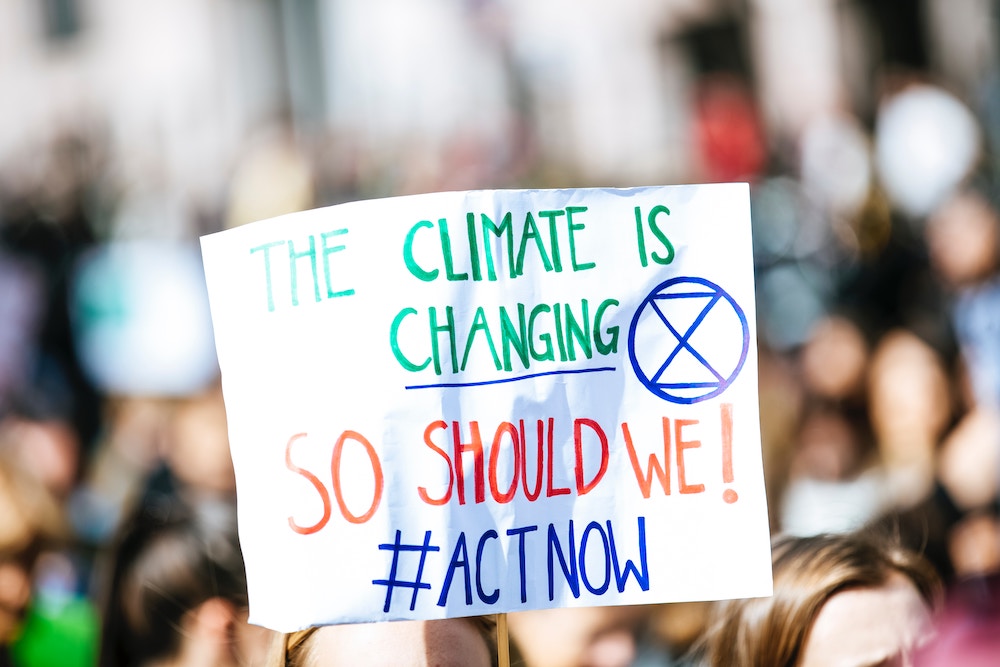By Martin Vogel

Coaching has been practised to support leadership for a few decades now. But the mismatch between leaders’ impact and the challenges we face as a society has never seemed greater.
Look, for example, at the paralysis over how to manage climate change. Politicians and executives seem clueless, or unwilling to engage in strategies that can help bring about the radical changes required to mitigate predicted disaster scenarios. The question here is how the coaching profession can engage with the climate emergency – only one of the complex political issues that shape the context in which we encounter our clients. The mismatch between the scale of these tasks and the quality of leadership with which the world can tackle them is a call for coaches to critically review our impact and responsibilities. Continue reading “Coaching is political”



